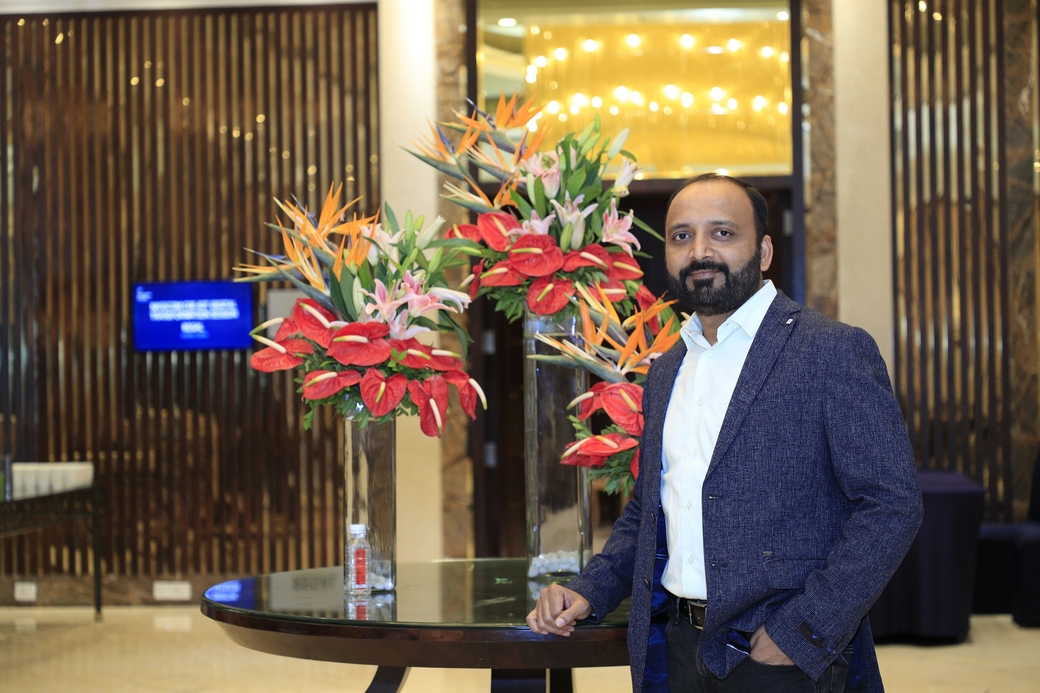
The gradual lifting of lockdowns is seeing the hotel industry bounce back into action. People are now looking towards safe and sustainable travel options.
With growing consciousness towards their ecological footprint, many individuals consider the green quotient of the hotel in their decision making. Hotels are now moving towards use of intelligent and innovative technology in their properties such as predictive guest room technology, smart lighting, Artificial Intelligence (AI) and data-driven solutions, and green infrastructure to reduce energy consumption and enable positive impact on the climate.
According to an industry report, HVAC systems in hotels are known to emit over 3.47 mega tonnes of carbon emissions annually and consume over 40% of a building’s total energy consumption. Given this, the potential to enhance energy efficiency in hotels is huge through efficient solutions.
HVAC ESTABLISHING GREENER SPACES
With the rise in a shift towards intelligent solutions, given the extent of HVAC related carbon emission, hotels have focused on smarter systems to enable energy efficiency at their properties. Efficient HVAC systems require intelligent pumps for functioning. Pumps are present in all kinds of cooling equipment from chillers to cooling towers.
Digitization of pumps has further led to various improvements for HVAC systems. The latest e-pumps consist of highly energy efficient motors. They are rated on the scale from IE1 to IE5 (International Efficiency) from low to high respectively. Many manufacturers now provide IE5 rate pumps providing the utmost efficiency of systems.
With the implementation of AI and Internet of Things in pumping systems, there exists a connected infrastructure that communicates with one another. The pumps function according to the need of the system, reading and collecting data and adapting.
The systems only function as required, hence, cut down on energy usage of the hotels. The pumps also can predict a fault or malfunction through the readings and alter themselves, accordingly, reducing downtime, cutting down on user discomfort.
Such intelligent systems also consist of remote management capabilities, enabling monitoring from anywhere in or off the property and aiding efficient maintenance. These features increase the lifecycle of the pumps, cutting down on waste and carbon footprint of the properties.
STRIKING A BALANCE
Many organisations now offer energy audits. The existing HVAC systems in buildings are analysed to understand their functioning and other parameters. The specialists then suggest the most efficient systems for the property, enabling highest efficiency while also positively affecting the climate.
For instance, the Midea Marriott Hotel in Shunde, China, availed similar services to reduce the energy consumption by half. Despite the hotel accommodating 258 rooms across 28 floors, it functions on just two HVAC technical rooms, two rooms for water boosting and one boiler room.
Both the hot as well as cold water systems were arranged to work out of a single set, therefore using only half the energy required. Moreover, this arrangement eliminated issues such as high noise and electricity costs caused by the previous HVAC system setup.
The constant evolution of pumping systems can help resolve this by striking a balance between the need to stay sustainable and meeting the growing consumer needs. Advanced digitisation of the sector can even enable net zero emissions in the near future, an alarming necessity given the recent IPCC report. Green HVAC systems can help create sustainable as well as comfortable living for the betterment of the planet and consumers.
